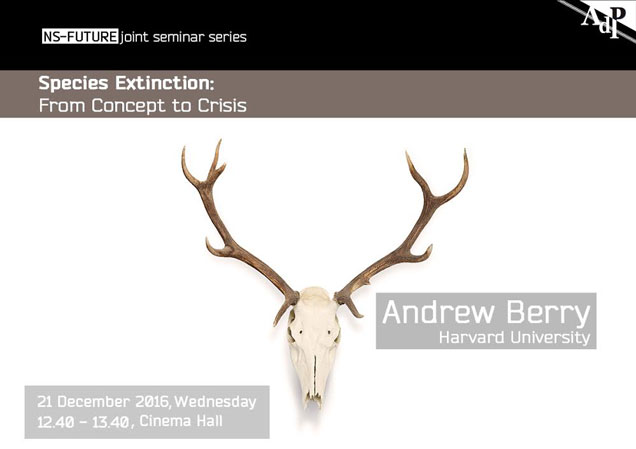20/12/2016
Extinction is a surprisingly recent notion. Early biologists were uncomfortable with the idea that a divine creator could be so careless as to let his creations disappear off the face of the planet. It was not until 1796 that the great French paleontologist, Georges Cuvier, demonstrated definitively that forms seen in the fossil record are no longer present on the planet, making extinction a scientifically acceptable idea. This, as Charles Darwin recognized, is a critical underpinning of evolutionary thinking because his theory requires turnover: new species replace old ones, with the latter going extinct. Paleontological analysis has revealed that the history of life has been punctuated by a number of mass extinction events in which a large proportion of all species has been eliminated. The most famous of these events was the one involving the impact of a meteorite, 65 million years ago, that condemned the dinosaurs. Critically, it required the removal of the dinosaurs for mammalian evolution to take off: humans would never have evolved had dinosaurs not gone extinct. Today, we are in the midst of the sixth great mass extinction event, only this time the cause of extinction is us, humans. We have taken over the planet, polluted it, corrupted it with catastrophic consequences for the natural world. Will the extinction of Homo sapiens ultimately be the outcome of this ongoing self-inflicted crisis?





